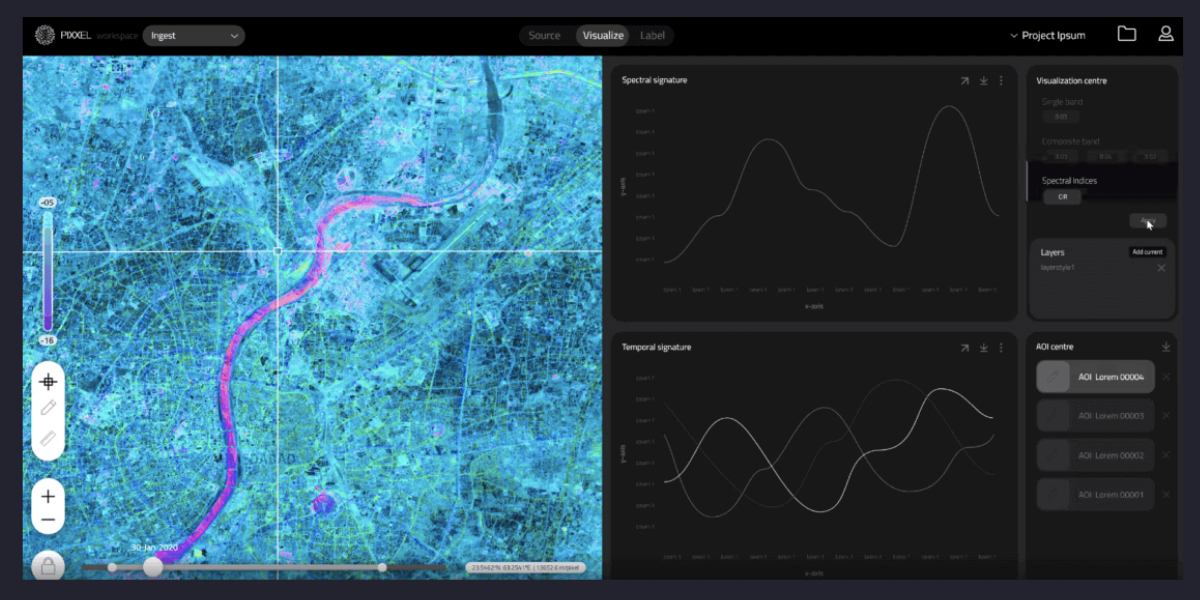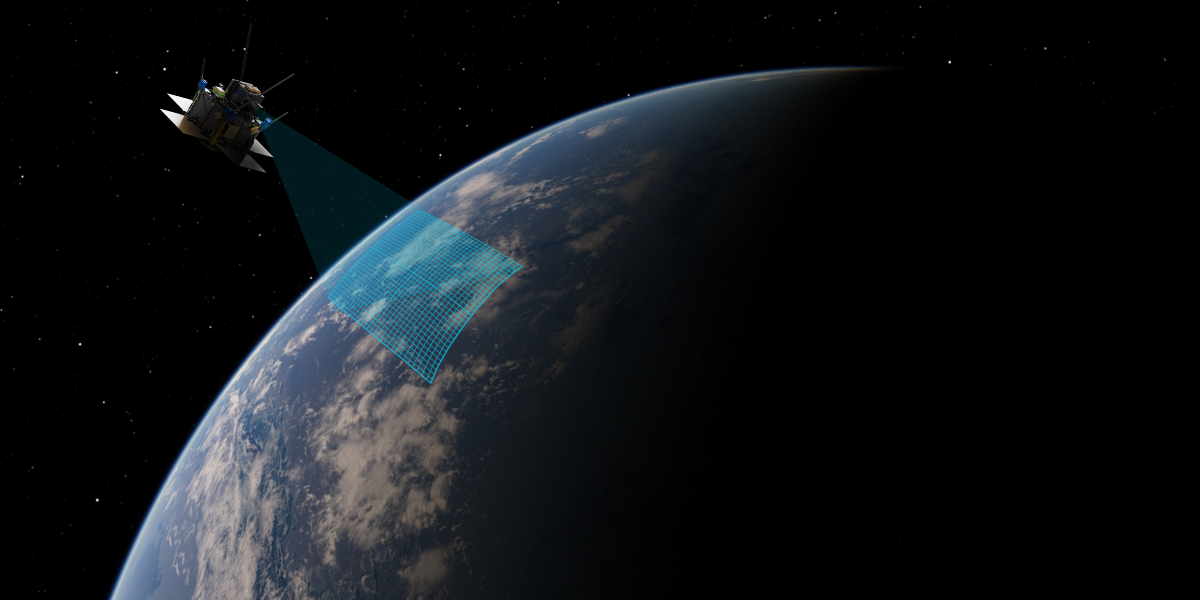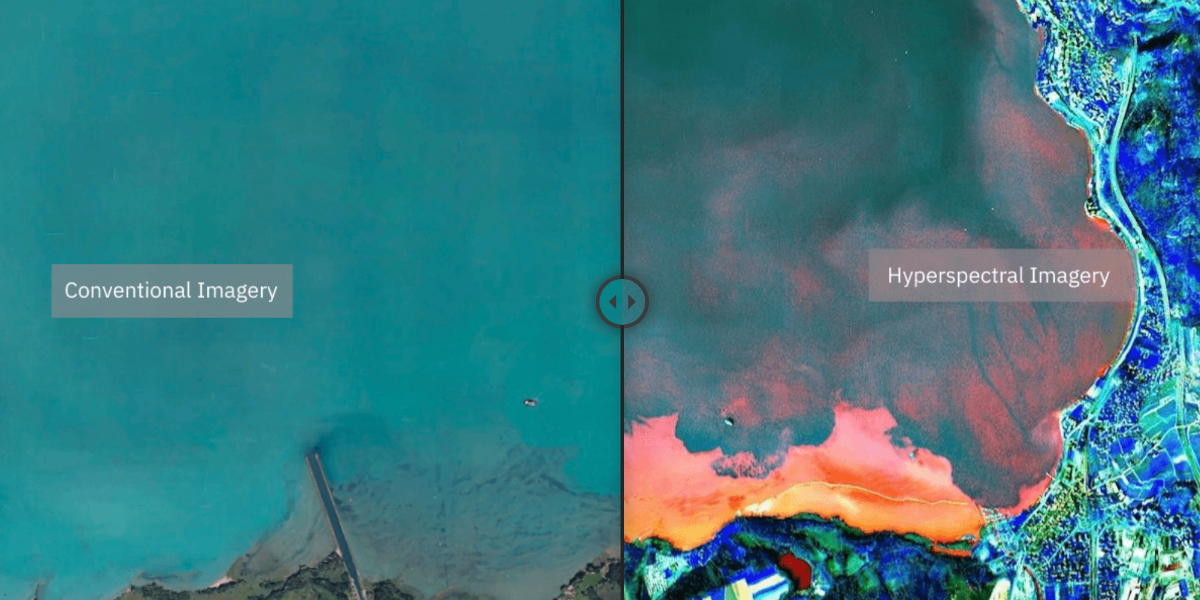AÑO
2023
CATEGORÍA
Comunidad
OBJETIVOS
Energía asequible y no contaminante, Industria, innovación e infraestructura, Ciudades y comunidades sostenibles, Acción por el clima
PAL. CLAVE
monitoring , Satellite , surveillance, hyperspectral, data visualization
PAÍS
India
CRÉDITOS
Pixxel
LINK
https://pixxel.space
Pixxel
Unearthing problems invisible to today's satellites
How does it work?
Pixxel is on a mission to build a health monitor for the planet through a constellation of cutting edge hyperspectral small satellites. This unique hyperspectral capability will be the key to unearth underlying, unseen problems, that are invisible to satellites in orbit today.
Pixxel's hyperspectral constellation is built to beam down 10x more information compared to other conventional satellites in orbit today. With omnipresent eyes on the entire planet, the data you need to build a sustainable future is here.
Hyperspectral imaging (HSI) is a technique that analyses a wide spectrum of light instead of just assigning primary colours (red, green, blue) to each pixel. The light striking each pixel is broken down into many different spectral bands in order to provide more information on what is imaged.
Why is it needed?
Agriculture: cover large areas daily with up-to-date data across the entire season, distinguish and classify between different crop species and weeds, identify nutrient deficiencies using advanced spectral signature, get field-level details to observe changes in health status of the crops, forecast pest infestations and identify crop diseases before they become a serious menace
Environment: map and monitor forest cover, measure and reverse deforestation, measure climate risks such as flooding, famine and wildfire, track natural capital utilization and impact on future economic and ecological sustainability, detect hazardous material and take timely measures to curb the danger, monitor water resources and manage in a sustainable manner.
Government: identify military resources and troop movement to aid with relief efforts, detect chemical seepages across land classes, monitor inland waterway health, rail-road conditions at regional and national levels
How does it improve life?
We are looking up at the stars to bring the benefits of space down to earth.
Our constellation of hyperspectral smallsats is the first step towards unlocking the transformative potential of space data for the betterment of our planet.
Following this, a swarm of hyperspectral satellites sent to the remotest corners of our solar system, will enable us to identify hidden resources for humanity's expansion into space.
Identifying these resources will be the precursor to building infrastructure in space that will shift heavy industry away from earth. Thereby giving us a realistic shot at reclaiming our planet from the irreversible effects of climate change.





